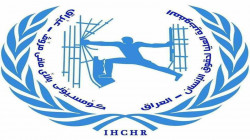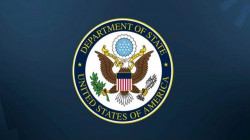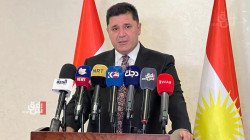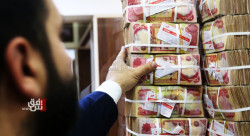KRG's OCIA responds to Euro-Med Human Rights Monitor about violations of human rights
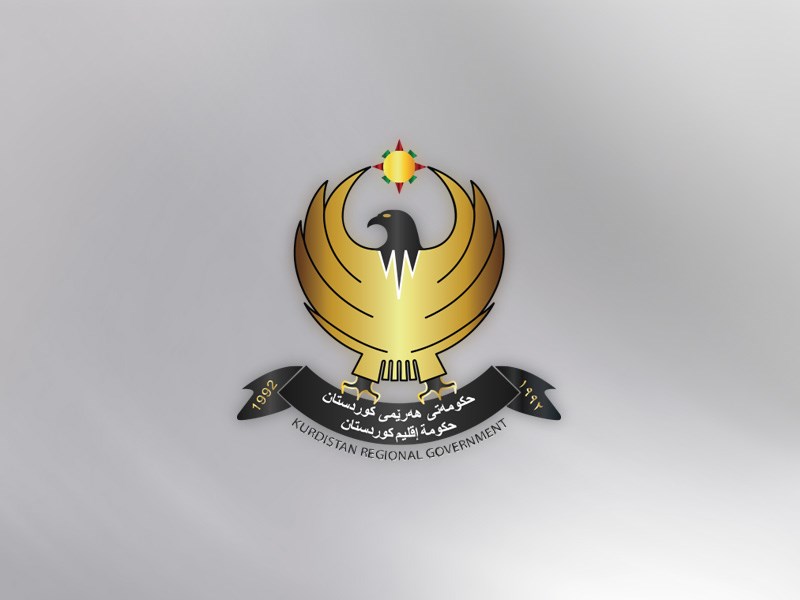
Shafaq News/ On Saturday, The KRG office of the Coordinator for International Advocacy (OCIA) responded to the annual report of the Euro-Mediterranean Human Rights Monitor on the conditions of prisoners in Kurdistan.
The Organization that "advocates for the human rights of all persons across Europe and the MENA," reported that "the Kurdish authorities seem to ignore all calls to stop violations of individuals' rights and improve the human rights situation in the region. They maintain their discriminatory and illegal practices, such as brutal arrests, spiteful accusations based on "information from a secret informant," forcing individuals to confess to crimes they did not commit, and delaying their appearance before the courts for long periods."
Following is a full text of the response published by KRG's OCIA:
Euro-Med Human Rights Monitor released a report on June 2, 2022, raising concerns about a number of individual court cases.
To commence, it is important to realize that the courts are independent of the government and that the latter does not and cannot interfere in the judicial process. Local and international monitors should take this point into an ultimate consideration when they are drafting their reports and statements.
Prior to conviction, the detainees are entitled to full and inalienable rights. The reasons underlying a person's arrest are elucidated in line with the pressed charges against him; moreover, his family will be promptly informed of the place of his arrest. Aside from these basic rights, the court will appoint a lawyer to accompany the suspect throughout the investigation and trial phases, if the latter could not afford hiring one
To preserve the rights of the suspect or the accused during the arrest stage in the police stations, the Kurdistan Region's Judicial Council has coordinated with the Public Prosecutor Office, and the Presidency of the Court of Appeal and its affiliated departments to oblige all police stations to appoint lawyers for the suspects.
In order to maintain the transparency of the investigation process, the Judicial Council has prepared a form to verify allegations of torture. The investigation judge, the Public Prosecutor and the lawyer in question are required to sign the form after the accused signs. This form is to verify whether the suspect faced ill-treatment during the investigation process.
As far as prison management is concerned, local and international counterparts have an unfettered access to detention facilities in order to monitor the adherence to human rights principles. In 2021, 85 visits were carried out to the detention facilities under the jurisdiction of the KRG Ministry of Interior. Local civil society organizations, the Public Prosecutor Office, the Independent Commission of Human Rights, UNAMI, and the International Committee of the Red Cross (ICRC) paid regular visits.
In 2021 legal measures were taken against 4 law-enforcement officers for employing violence in dealing with inmates; the measures ranged from warnings, deprivation of allowances for consecutive months, and translocation of their duties to other administrative units. Additionally, the Detention and Prison Regulations No 1 (2008) remain in force, in which a set of rights are consolidated for inmates, the most important of which are education, visits, health care and the right to home leave.
The testimonies of the secret informats are admissible evidence for the court. According to Article 47 (2) from the Iraqi Criminal Procedure Code (1971), the court is required to conceal the names of secret informants in the hearings and to refrain from mentioning the informants' identity in the investigation papers, of course following a request from the informant.
Procedural safeguards were provided for the individuals in question throughout the detention period. The right to defense was upheld in the early phases of investigations and familial visits were properly arranged despite the restrictions imposed due to the Covid-19 pandemic. The judicially issued warrants were based on the applicable laws in the Kurdistan Region and Iraq. The case files were invariably passed through a credible and transparent due process of law.

